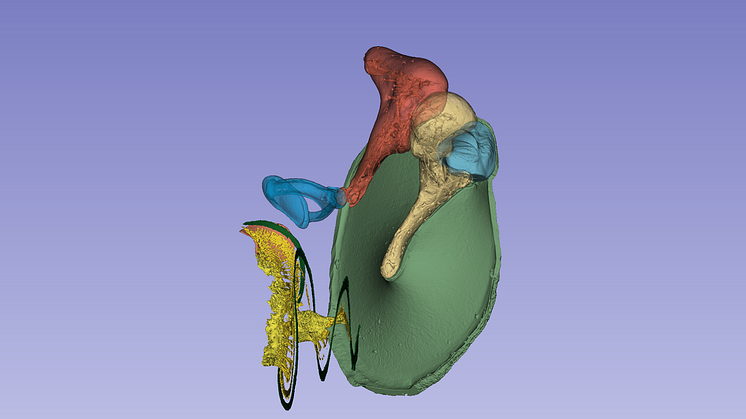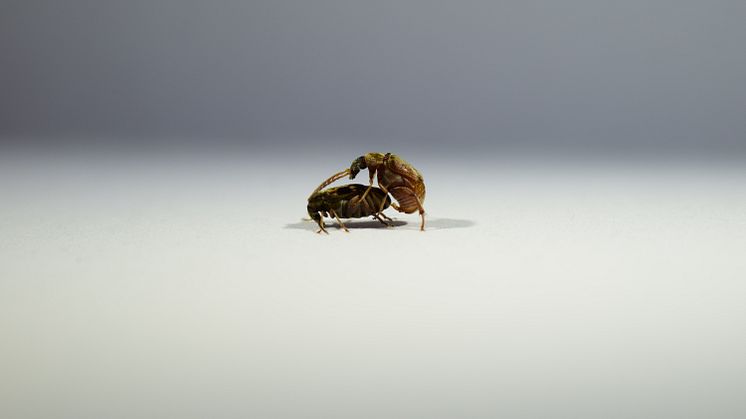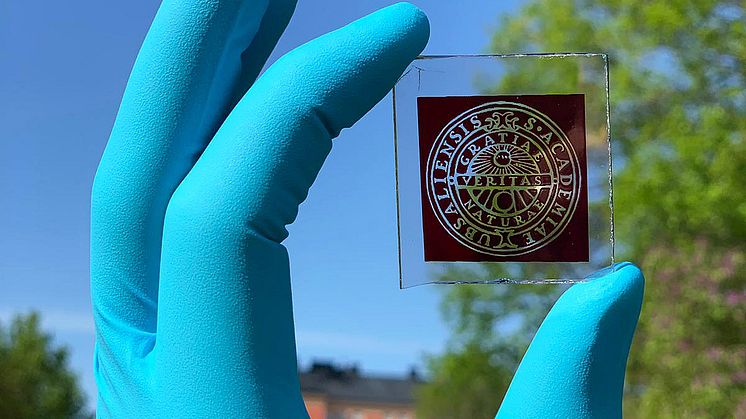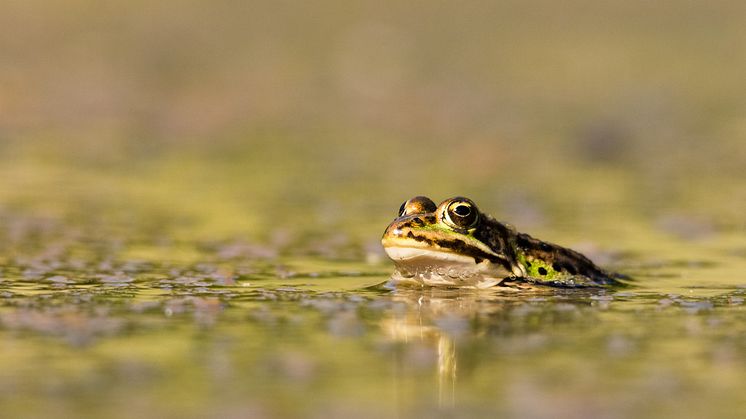Ear’s inner secrets revealed with new technology
What does it actually look like deep inside our ears? This is has been very difficult to study as the inner ear is protected by the hardest bone in the body. But together with Canadian colleagues, researchers from Uppsala University have now used synchrotron X-rays to map the blood vessels of the inner ear three-dimensionally.



